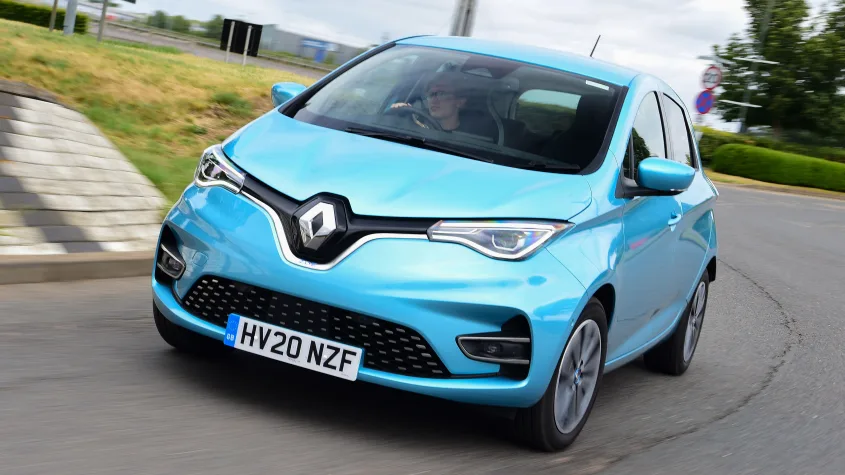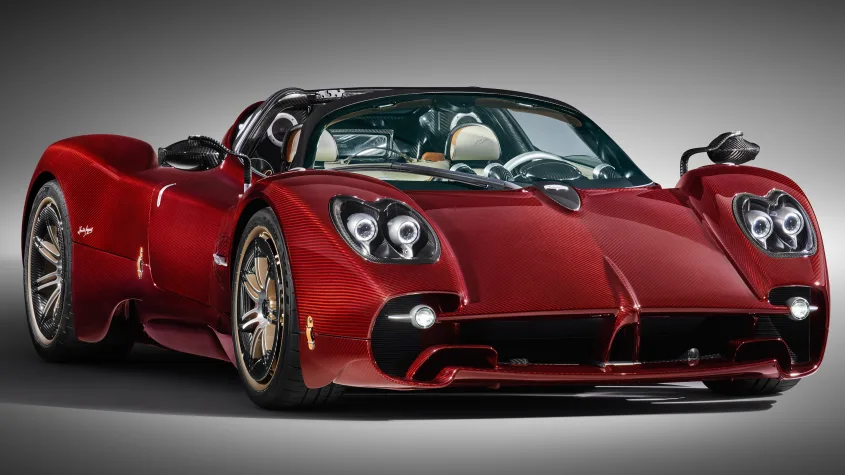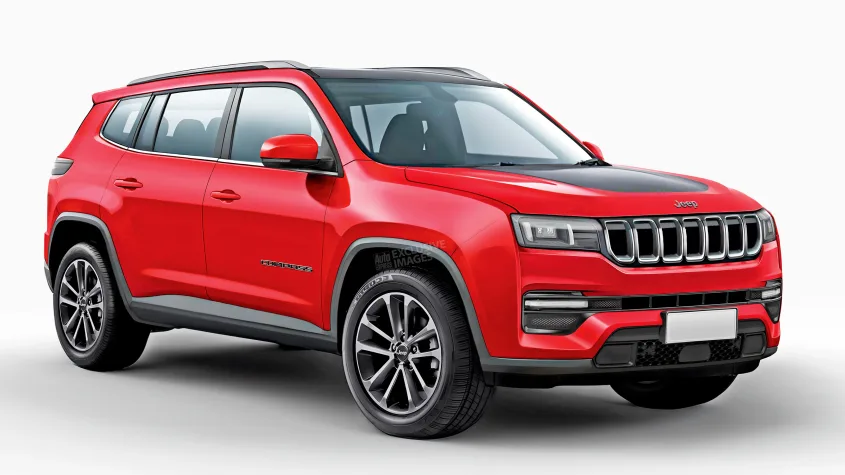Used electric vehicles (EVs) are now often priced lower than their gasoline and diesel counterparts, according to data from Cap HPI. This trend is driven by significant depreciation of EVs, making them more affordable at the point of sale compared to similar petrol or diesel cars. Additionally, the reduced running costs of EVs contribute to their overall cost-effectiveness.

Cap HPI reports that after three years, the average price of an electric car is about 8.5% lower than that of a petrol or diesel car, and this discount increases to 14% after four years. The rapid advancement in EV technology and lower consumer confidence in older models result in substantial depreciation, with many EVs losing half their value within just two years, leading to numerous bargains in the used market.
However, prices vary significantly between models. For instance, a three-year-old Vauxhall Corsa Ultimate with 36,000 miles costs approximately £9,925 for the petrol version and £8,750 for the electric version, despite the electric model being around £6,000 more expensive when new. Conversely, the used Hyundai Kona Electric is priced similarly to its mild-hybrid counterpart, while the BMW i7 tends to retain its value better than the plug-in hybrid 7 Series, though both models experience high depreciation.
Chris Plumb, Cap HPI’s used EV specialist, noted that the increased availability of second-hand electric vehicles is driven by motorists seeking to reduce their environmental impact and save on fuel costs due to high petrol and diesel prices.
In response to the growing used EV market, the Labour Party has proposed a standardization of information regarding EV battery conditions, which could involve EV battery passports similar to those being tested by Volvo. This system would allow buyers to access details about the vehicle’s environmental impact and battery status through a QR code.
Despite these advantages, high insurance premiums for EVs remain a barrier. Research by Quotezone indicates that EV insurance costs are typically 54% higher than those for petrol or diesel cars, primarily due to the high cost of replacement parts and the limited number of technicians trained to work on electric vehicles.
Moreover, the lack of affordable public charging infrastructure for those without private driveways also poses a challenge. The Labour Party plans to offer local authorities more detailed guidance on installing chargers, and the anticipated reimplementation of the 2030 ban on new petrol and diesel car sales is expected to further boost the used EV market as more consumers transition to electric vehicles.


